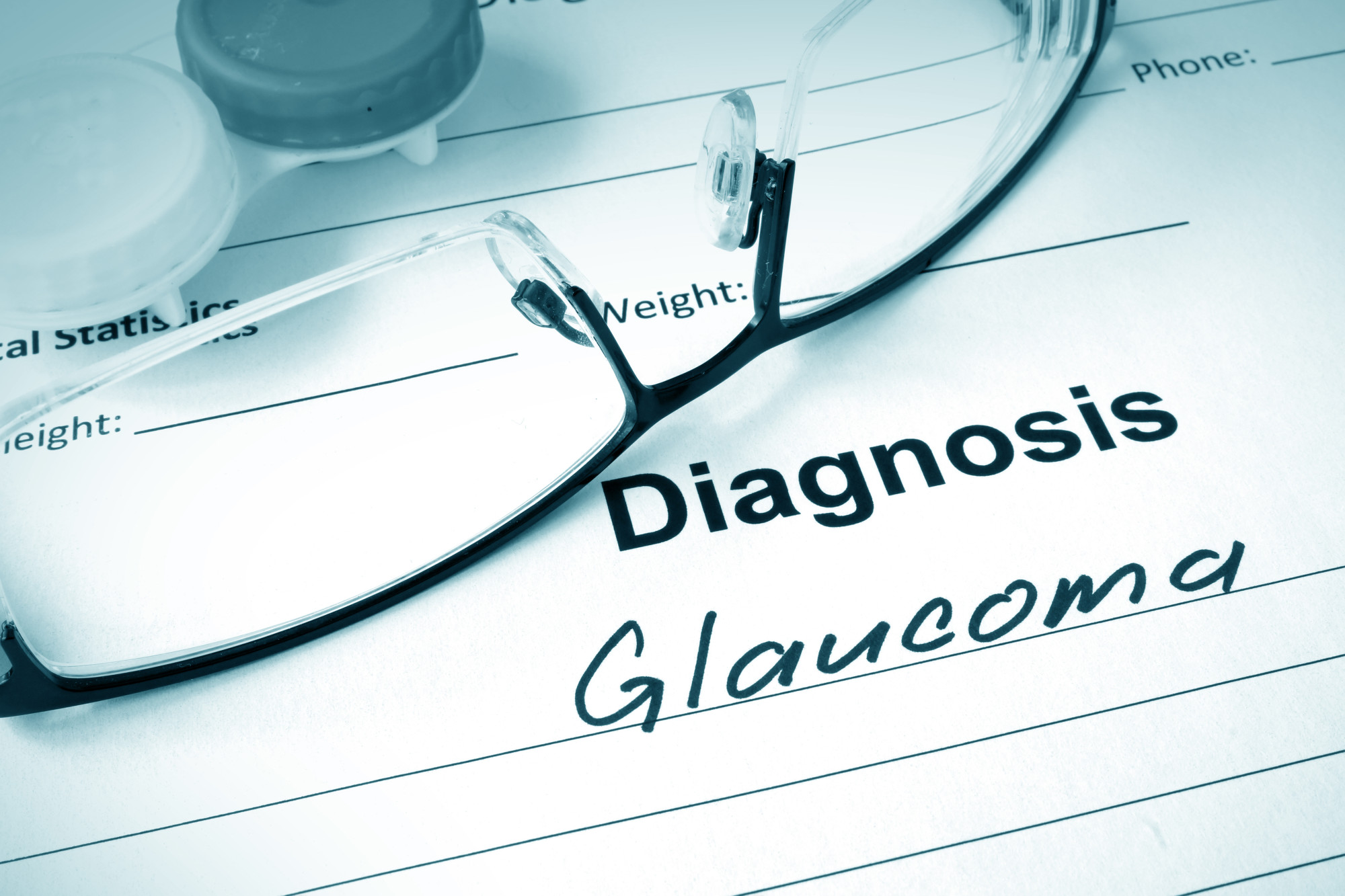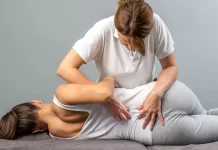Did you know that more than 3 million people are living with glaucoma in the U.S.? Do you currently have glaucoma and are wanting to find tips for living with glaucoma?
In this article, you’ll learn the top tips for living your best life with glaucoma and not letting it stop you. Read on to discover these top tips.
Table of Contents
Coping with Vision Changes
As glaucoma gets worse, your vision isn’t as sharp as it once was. Low vision is a common symptom of this and it can make it more difficult to read, drive, cook, etc. Speak with your doctor about visual aids that could help with your vision.
1. Eat Healthily
While eating healthy won’t stop your glaucoma from getting worse, it’s important in keeping your eyes and body strong and healthy. Make sure to eat nutrient-rich foods in your diet such as dark leafy greens and wild-caught fish.
Consider adding medical marijuana for glaucoma as well. Make sure to include antioxidants in a glaucoma diet such as cinnamon, blueberries, raspberries. Eat plenty of orange and yellow fruits such as carrots, sweet potatoes, and papaya.
2. Exercise
Exercise is important for keeping blood flowing to your eye. Make sure to speak with your doctor about which exercises would be appropriate to avoid pressure on your eyes.
3. Label Items
When doing everyday tasks with low vision, it can be extremely difficult to maneuver around the home and use items such as your microwave or washer. You can use fabric paint so you can feel the different positions of different items with your fingers.
Make sure that all of your medications are labeled with a bright-colored item such as a highlighter so you can easily find your medications. Also, have a reminder set so you don’t forget to take your medications.
4. Don’t Smoke
For a healthy body, avoid smoking. Smoking can cause eye inflammation which can cause other problems in your eyes that are a greater risk with glaucoma.
5. Wear Protective Glasses
When you’re in the yard or playing sports, always make sure to wear protective glasses. If you go swimming, make sure to always wear goggles for eye protection. When it’s a hot, snowy, sunny, or windy day always make sure to wear sunglasses when you’re outside.
6. Improve Lighting
Improving lighting in your home is vital when you have low vision. Make sure that you have your home properly lit and use extra lights when working on something. Make sure the lighting is excellent in areas where you’re more at risk such as your bathroom, hallway, and kitchen.
6. Listen to Audiobooks
Staring at a screen all day or book can take a toll on your eyes. Consider audiobooks to give your eyes a rest after a long day. Then you don’t have to depend on your vision to take in information.
7. Get Organized
When you’re dealing with vision changes, it’s important to get as organized as possible. Make sure every place has a space to be tucked away out of the way. Make sure the most important items especially, have their specific spots such as medicine and keys. Make sure they’re easy to spot and reach.
Make sure that when you’re done with kitchen and bathroom cabinets, you get into the habit of closing them when you’re done. When you have all doors closed it reduces the risk of head injuries.
Consider getting rid of any area rugs. When area rugs are on the ground they’re a safety hazard for vision loss. Also, if you drop something, make sure to place your hand out in front of your face first so you don’t hit your head on anything.
8. Increasing Contrast
When you are dealing with low vision, it’s important to increase contrast in everyday life. For example, if you’re drinking tea use a white cup. If you’re cutting light-colored vegetables use a dark chopping board.
9. Take It Easy with Yoga
Certain yoga poses could raise eye pressure. Some yoga poses you’ll want to avoid are:
- Legs up the wall
- Plow
- Standing forward bend
- Downward facing dog
If you’re not sure what other yoga poses to avoid or are safe to do, speak with your doctor.
10. Watch Caffeine
When you consume tea, coffee, and soda pay attention to how much you drink. Too much caffeine can, unfortunately, raise your eye pressure.
11. Some Extra Tips
Elevated head. When you go to sleep at night consider using a wedge pillow to make sure your head is elevated. This will help keep your eye pressure lower.
Drinking fluids slowly. It’s not about cutting back on how much water you drink, but make sure to take small sips throughout the day and not ever guzzle any drink. If you drink too fast this can strain your eyes. Make sure to get plenty of water throughout the day.
Have others be your guide. Don’t be afraid to ask someone to be a guide when you’re traveling in locations you’re not familiar with. Make sure to hold onto your guide’s arm and walk slightly behind them. This prevents you from knocking into any obstacles.
If it’s somewhere you might wind up going to often, it’s important to have a guide show you around so you can know whether the restrooms and other important points area.
Top Tips for Living with Glaucoma
While being diagnosed with and living with glaucoma can be overwhelming, follow these tips for easier management of the common difficulties. Would you like to learn about lifestyle and travel? Check out our other articles.
















